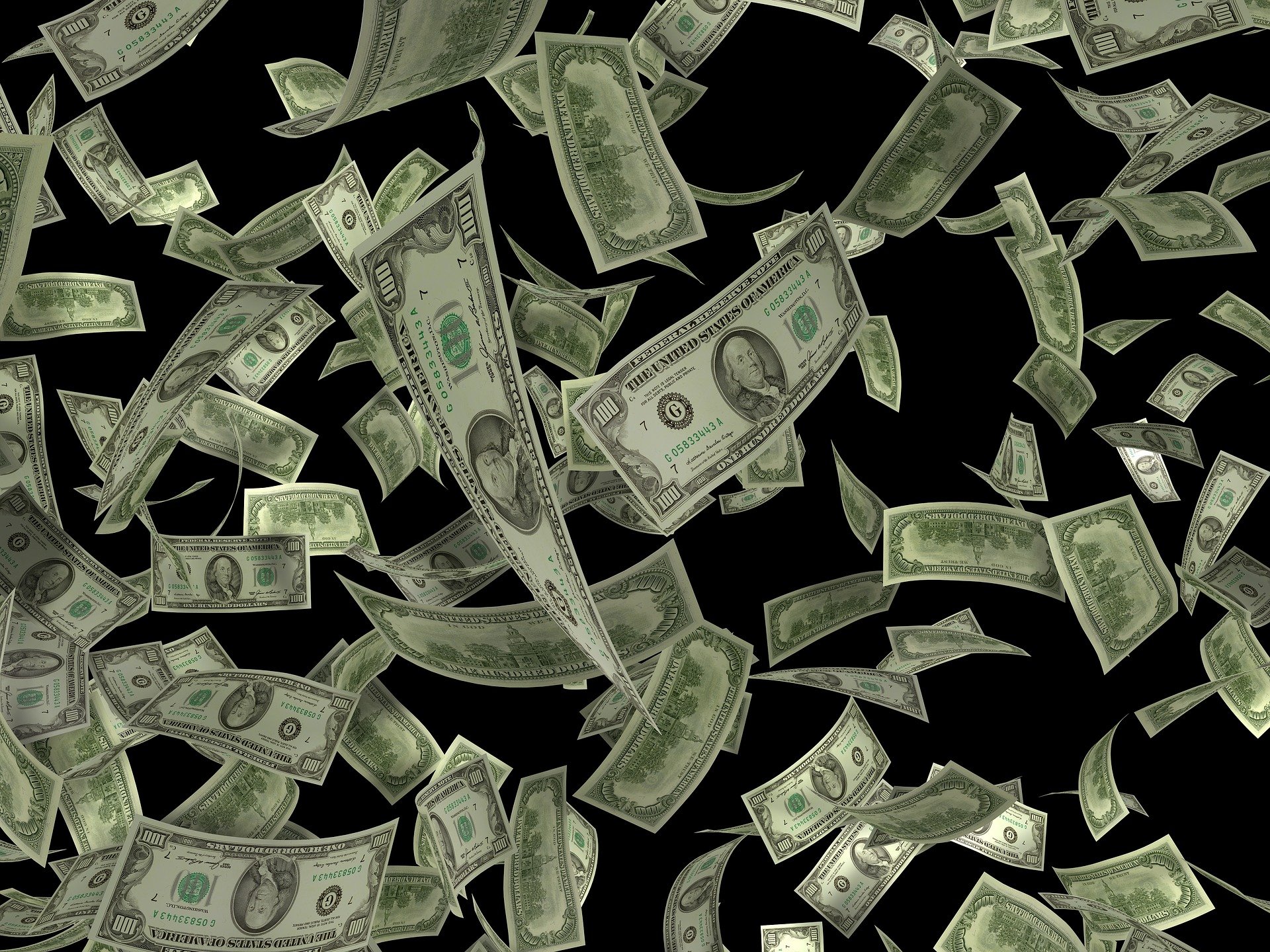EQUITIES
Shares in Asia-Pacific rose in Tuesday trade, as investors assess Omicron risks. Japanese stocks led gains regionally, with the Nikkei 225 in Japan rising more than 2%. South Korea’s KOSPI climbed 0.46%.
Mainland Chinese stocks rose, with the Shanghai composite up about 0.40% while the Hong Kong’s Hang Seng index gained 0.53%.
Shares in Australia also rose as the S&P/ASX 200 gained 0.74%. The S&P BSE Sensex in India advanced 1.08% and in Southeast Asia, the Singapore’s Straits Times index added 0.50%.
Overnight on Wall Street, the major averages dropped more than 1% each. The Dow Jones Industrial Average fell 1.23%, to 34,932.16, the S&P 500 shed 1.14% to 4,568.02, and the Nasdaq Composite declined 1.24% to 14,980.94.
OIL
Oil prices edged higher on Tuesday, started to recover from concerns the spread of the Omicron variant would crimp demand for fuel and signs of improving supply.
The Brent now traded at $72.06 per barrel, and U.S. crude futures traded at $70.98 per barrel.
Oil prices slumped around 3% on Monday. The Brent futures ends at $71.52 a barrel, while the WTI crude oil prices closed to $68.23 per barrel.
CURRENCIES
U.S. dollar took a hit after Democratic West Virginia Senator Joe Manchin's announced that he will not support Joe Biden administration's nearly $2 trillion social spending plan, citing inflation concerns. Less stimulus, weaker growth, and rates dropping at the short-end was enough to push the dollar slightly lower. The dollar index was down at 96.500.
The yield on benchmark 10-year Treasury notes was at 1.417% compared with its U.S. close of 1.419% on Monday.
GOLD
Spot gold was traded little changed at $1791.10 per ounce. U.S. gold futures slipped slightly to $1,791.60.
Spot silver shed 0.16% to $22.25 an ounce, platinum slipped 0.30% to $923.70, and palladium edged 0.15% lower to $1,743.50.
ECONOMIC OUTLOOK
Asian stocks rose on Tuesday, as Chinese markets cheered Beijing's push to help troubled property firms, although surging cases of the Omicron coronavirus variant persist as a worry for investors and clouded the outlook for global economic growth.
China reportedly urged large private and state-owned property companies to acquire real estate projects from troubled developers to reduce risks that mounting debt piles will destabilise the economy. Real estate developers leading gains.
Investors continued to track the situation around the Omicron variant, which has cast a shadow over the festive holiday period as curbs have already been introduced in countries across Europe. Omicron infections are multiplying rapidly across Europe and the U.S., doubling every two or three days in London and elsewhere and taking a heavy toll on financial markets, which fear the impact on the global economic recovery.
In a further knock to market sentiment, a critical setback to President Joe Biden's social-spending bill, U.S. Senator Joe Manchin said on Sunday he would not support Biden's $1.75 trillion domestic investment bill Build Back Better, dealing it a potentially fatal blow. After Manchin's comments, Goldman Sachs trimmed its quarterly U.S. GDP forecasts for 2022.













